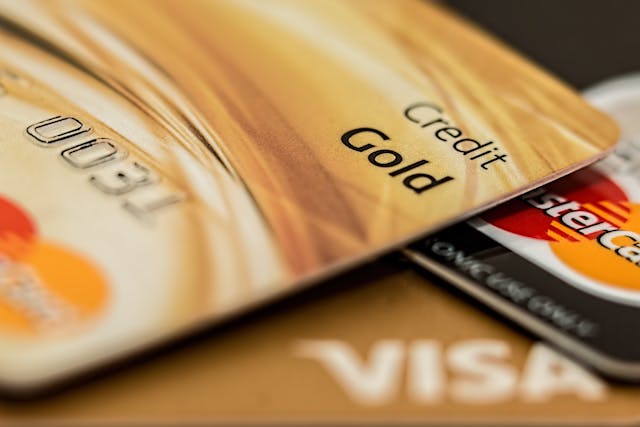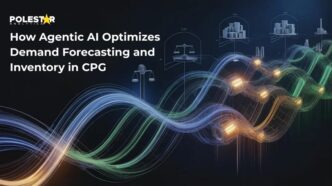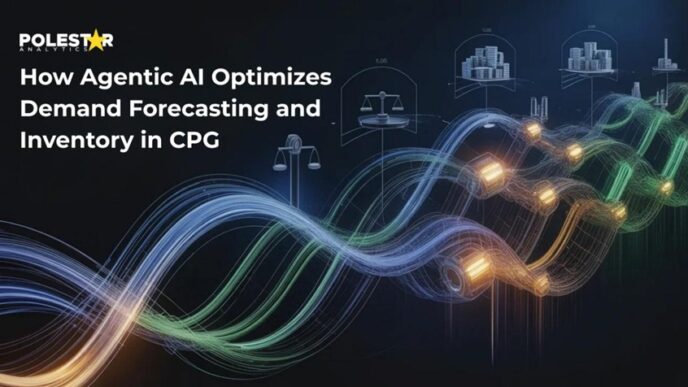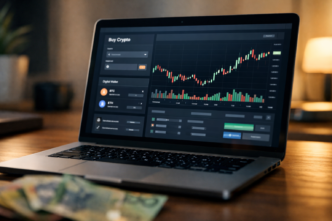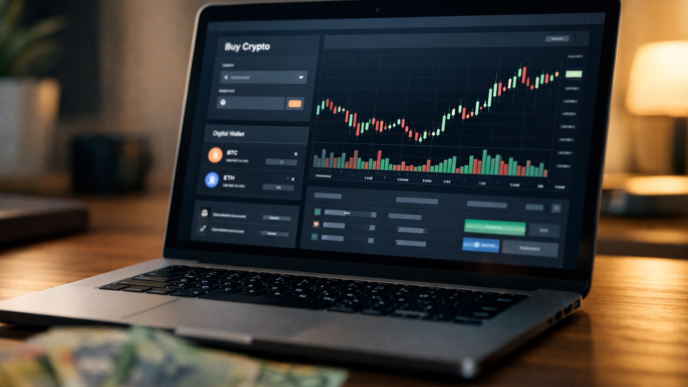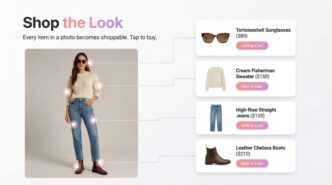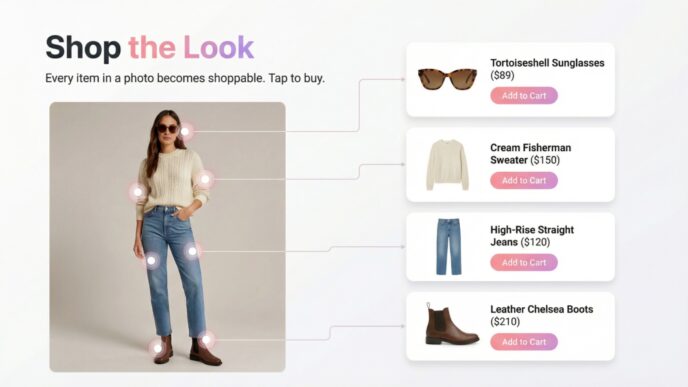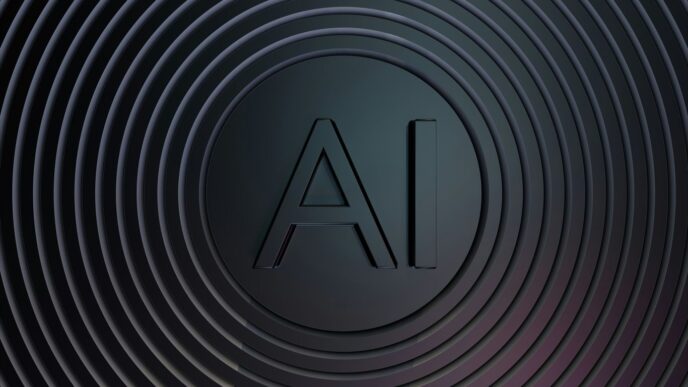Alternative data provides a powerful method of expanding access to credit. It does so by providing a broader view of consumer behavior, allowing businesses to make more informed decisions. Examples of alternative data are telco and utility data, as well as specialty finance data.
Expanding credit access is important, as many Americans are stuck in unscorable credit bands. Nearly 1 in 3 Americans have thin files or are credit invisible, meaning they have little credit history. These individuals are often young, recent immigrants, recently widowed or divorced, or have not used credit for a long time.
Being credit invisible has consequences. Individuals with subprime credit scores pay $400 more in interest on a $550 emergency loan over three months than individuals with prime credit scores.
Luckily, alternative data can make a difference. With the use of alternative data, an estimated 13.6 million Americans could qualify for prime or better offers.
Equifax is a company that specializes in alternative data. It layers alternative data with its explainable AI, which generates logical reason codes for consumers. Alternative data opens opportunities, as many Americans engage with this data. For instance, 91% of individuals have a utility bill in their name, so leveraging utility data can make a difference in an individual’s credit score.
Scorable credit bands make an impact on financial security. With the help of alternative data, millions of Americans can move into a better credit band, accessing more financial opportunities.

